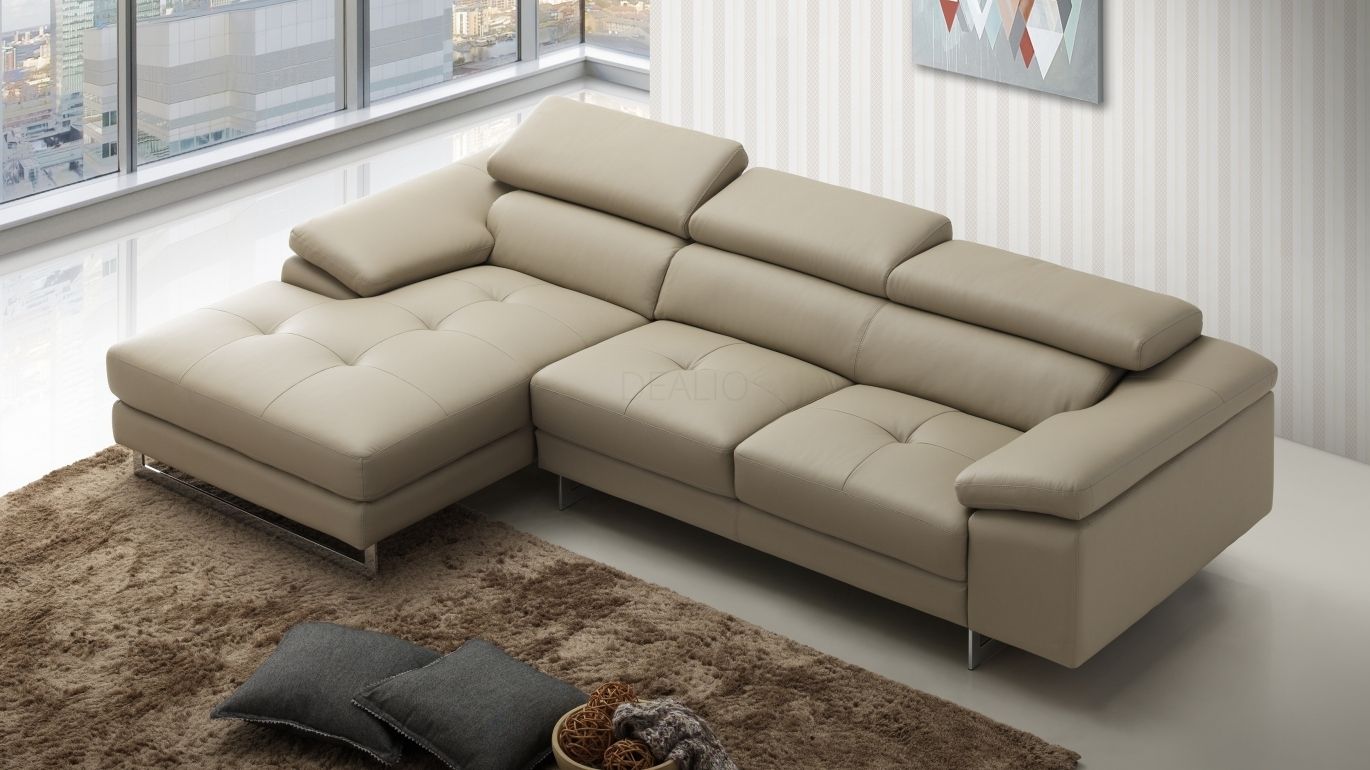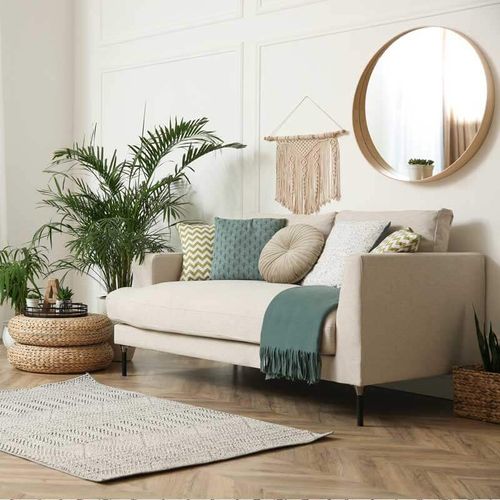With obesity rates rising, furniture manufacturers have responded with bariatric sofas and couches specially designed for heavier individuals. If you or someone in your household needs very sturdy, extra-large seating, a bariatric couch may be the perfect solution for your living room.
Below we cover what defines a bariatric couch, key features to look for, pros and cons to consider, and top brands and models available:

What is a Bariatric Sofa?
A bariatric sofa is oversized seating engineered specifically to accommodate very heavy people up to 600 lbs or more. Key characteristics include:
- Steel frames – Reinforced steel or heavy-duty hardwood frames prevent sagging.
- Higher weight limits – Special construction supports 500-1000 lbs, compared to 200-300 lbs for standard couches.
- Wider, deeper seats – Dimensions like 36″ depth and 60″ width provide ample room.
- Firm, dense cushions – Thick, sturdy foam maintains shape and structure over years of regular use.
- Durable, easy-clean fabrics – Vinyl, leather, microfiber, and synthetic blends stand up to continuous friction.
The right bariatric couch provides exceptional stability, convenience, and comfort for persons of size.
Key Features and Considerations
When evaluating bariatric couches, look for these features:
- Steel or hardwood frame – Avoid lower-grade softwoods prone to cracking.
- Reinforced joinery – Durable joints prevent loosening over time. Metal gussets add strength.
- Wide armrests – Arms around 10″ wide become comfortable grab bars making standing easier.
- Minimal gaps – Tight construction leaves little space between cushions to avoid pinch points.
- Waterfall front edge – A gently sloped front cushion eases pressure on thighs when seated.
- Firm back support – Sturdy back cushions retain shape and assist mobility when standing up.
- Easy maintenance fabrics – Materials that wipe clean and resist staining suit frequent use.
- Roll-out casters – Built-in casters facilitate moving but lock in place when stationary.
- Fold-out bed option – Some bariatric sofas convert into a bed for overnight guests.
Prioritizing stability, comfort and functionality ensures a bariatric sofa that lasts for years under heavy use.

The Pros and Cons of Bariatric Couches
Bariatric sofas have unique advantages but also some potential drawbacks to weigh:
Pros:
- Handle very heavy weights without damage
- Provide ample room for large-framed people
- Easy to get in and out of compared to low couches
- More comfortable than regular furniture for obese users
- Adaptable features like bed conversion, storage and reclining
Cons:
- More expensive than standard couches, often over $1000
- Limited selection and customization options
- Large footprint – may not fit smaller spaces well
- Firm cushions offer support but less softness
- Heavy and bulky – difficult to move and rearrange
For those who truly need oversized and ultra-sturdy seating, the pros generally outweigh the cons of higher cost and limited options.

Top Brands and Models
Some leading manufacturers producing quality bariatric sofas include:
- Lane: Well-built designs like the Gibson model with metal reinforcement and double-doweled joints
- Flexsteel: Comfortable customizable sofas like the Gilbert with extra-dense foam
- Catnapper: Power reclining bariatric sofas like the Teddy Bear model
- Golden: Lift-assist sofas like the MaxiComfort to aid standing
- Hillsdale: Rugged bonded leather models like the Marlo sofa bed
- Jackson Furniture: Stylish designs like the Alice crafted with hardwood block frames
Finding a reputable brand that constructs their bariatric furniture for longevity and purpose-built support is key. With proper research and realistic expectations of cost and selection, a specialty bariatric sofa can become a valued living room staple. Providing robust, oversized seating makes homes more inviting and functional for very heavy residents.
